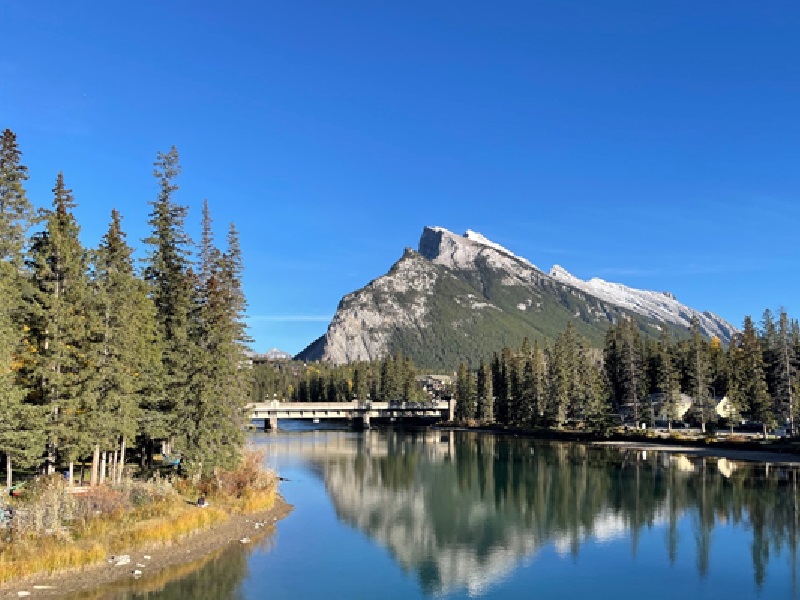Kettle and Stony Point First Nation: A Narrative of Indigenous Language Revitalization and Digital Indian Day School Histories
DOI:
https://doi.org/10.18733/cpi29730Keywords:
Kettle and Stony Point First Nation; Language revitalization; Indigenous History; Indian Day Schools; Digital ArchivesAbstract
This article explores the intersection of Indigenous language revitalization and digital archival resources, in the context of ongoing efforts to preserve and share the histories of Indian Day Schools in Canada. The Indian Day School system is a lesser known but significant part of the country’s colonial history, which subjected Indigenous children to cultural assimilation and abuse. This research highlights the importance of integrating Indigenous languages into digital storytelling as a means of reclaiming cultural heritage and fostering intergenerational healing. We emphasize the need for collaborative efforts among Indigenous communities, scholars, educators, and technology experts to build ethically responsible and culturally sensitive digital resources that celebrate Indigenous languages and honour the resilience of Indian Day School survivors. Ultimately, this article calls for greater recognition of Indigenous knowledge systems and the integration of technology as a catalyst for Indigenous language preservation and cultural resurgence.
References
Deer, Ka’nhehsí:io. (May 26, 2022). “Concerns raised by survivors, advocates as Indian day school settlement deadline approaches”. CBC News. https://www.cbc.ca/news/indigenous/federal-day-school-settlement-deadline-1.6466640
Donald, D. (2012). Indigenous Métissage: A decolonizing research sensibility. International Journal of Qualitative Studies in Education, 25(5), 533-555.
Carleton, S. (2022). Lessons in Legitimacy: Colonialism, Capitalism, and the Rise of State Schooling in British Columbia. UBC Press.
Farmer Lacombe, B., & Pind, J. (2023). Digitally Mapping the Indian Day Schools and the RG10 School Files Series in Canada. Historical Studies in Education/Revue d’histoire de l’éducation, 35(2), 55-68. https://doi.org/10.32316/hse-rhe.2023.5193
Forester, B. (August 4, 2023). “National archives to digitize, transfer 6 million pages of Indian day school records, official says”. CBC News. https://www.cbc.ca/news/indigenous/library-archives-canada-day-school-records-1.6926895
Galla, C. K. (2016). Indigenous language revitalization, promotion, and education: Function of digital technology. Computer Assisted Language Learning, 29(7), 1137-1151.
Koole, M., & wâsakâyâsiw Lewis, K. (2018). Mobile learning as a tool for indigenous language revitalization and sustainability in Canada: Framing the challenge. International Journal of Mobile and Blended Learning (IJMBL), 10(4), 1-12.
Library and Archives Canada. (1897, March 30). Letter from Thomas George to Department of Indian Affairs. Record Group 10 (RG10) School Files Series, 401-1_PART_1, p. 29.
Library and Archives Canada. (1916, July 16). Letter from J. D. Mclean to Indian Agent T. Maxwell. Record Group 10 (RG10) School Files Series, 401-1_PART_1, p. 84.
Library and Archives Canada. (1937, October 16). Letter from Indian Agent J. C. Trenouth to the Department of Indian Affairs. Record Group 10 (RG10) School Files Series, 401-1_ PART_2, p. 44.
Library and Archives Canada. (1937, November 13). Memorandum by Director Harold McGill. Record Group 10 (RG10) School Files Series, 401-1_PART_2, p. 86.
Library and Archives Canada. (1937, November 24). Letter by Hugh A. MacKenzie, Member of Parliament Lambton-Kent, to R. A. Hoey, Superintendent of Indian Affairs. Record Group 10 (RG10) School Files Series, 401-1_PART_2, p. 94.
Library and Archives Canada. (n.d.). “Drinking in Indian school house.” The Sarnia Observer. Record Group 10 (RG10) School Files Series, 401-1_PART_2, p. 41.
Library and Archives Canada. (1942, January 7). Letter from Indian Agent Geo W. Down to Department of Indian Affairs. Record Group 10 (RG10) School Files Series, 401-1_ PART_2, p. 121.
People for Education (2023). Still waiting for Truth and Reconciliation: A progress report on Indigenous education in Ontario’s publicly funded schools. Toronto: People for Education. https://peopleforeducation.ca/wp-content/uploads/2023/04/Still-Waiting-for-Truth-and-Reconciliation-Progress-Report-On-Indigenous-Education-May30.pdf
Raptis, H. (2016). What we learned: Two generations reflect on Tsimshian education and the day schools. UBC Press.
Statistics Canada. (2021). Indigenous languages in Canada, 2021. https://www150.statcan.gc.ca/n1/pub/11-627-m/11-627-m2023029-eng.htm
Statistics Canada. (March 29, 2023). Indigenous languages across Canada. https://www12.statcan.gc.ca/census-recensement/2021/as-sa/98-200-X/2021012/98-200-X2021012-eng.cfm
Downloads
Published
Issue
Section
License
Copyright (c) 2024 Cultural and Pedagogical Inquiry

This work is licensed under a Creative Commons Attribution-NonCommercial 4.0 International License.






